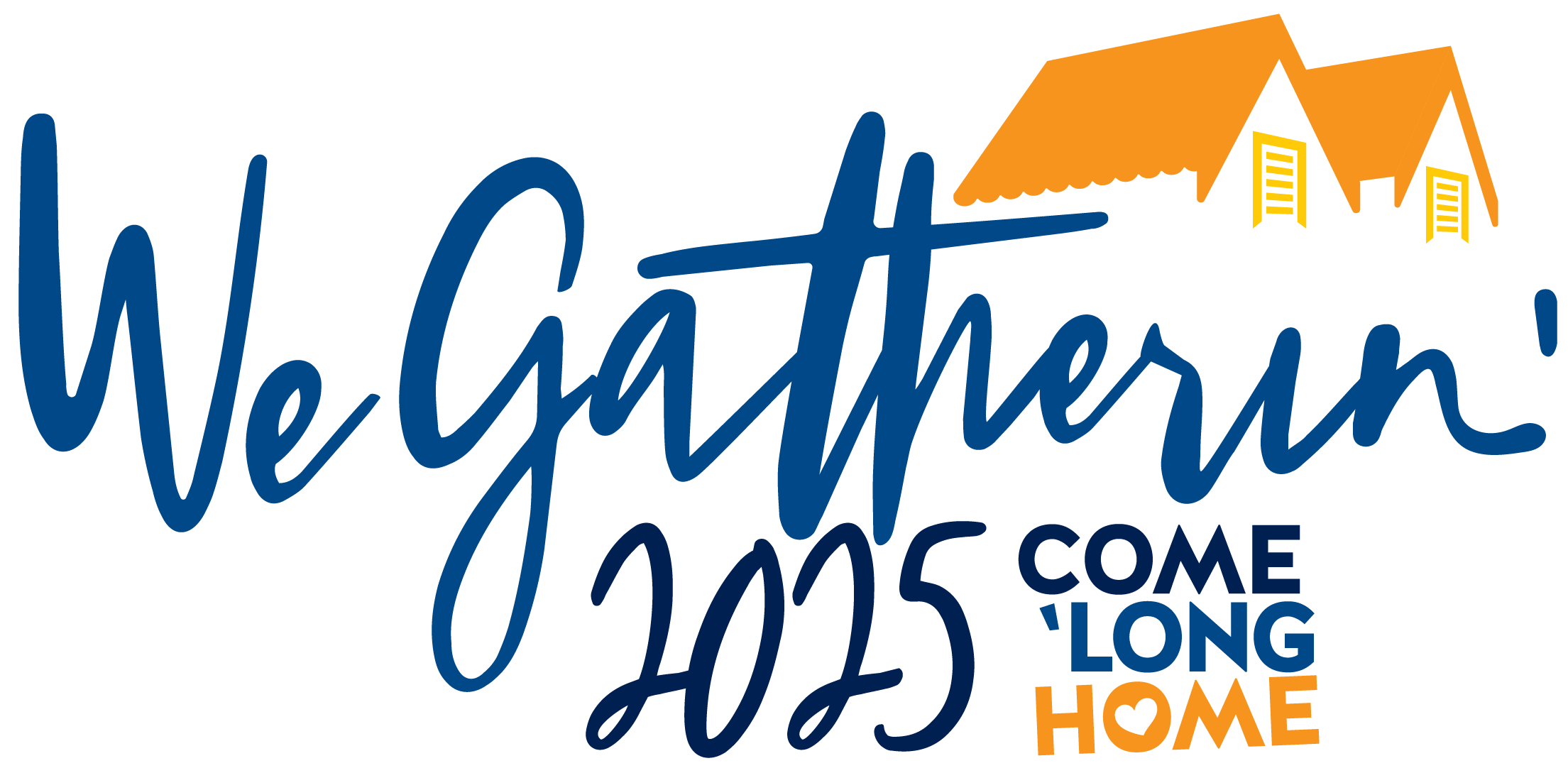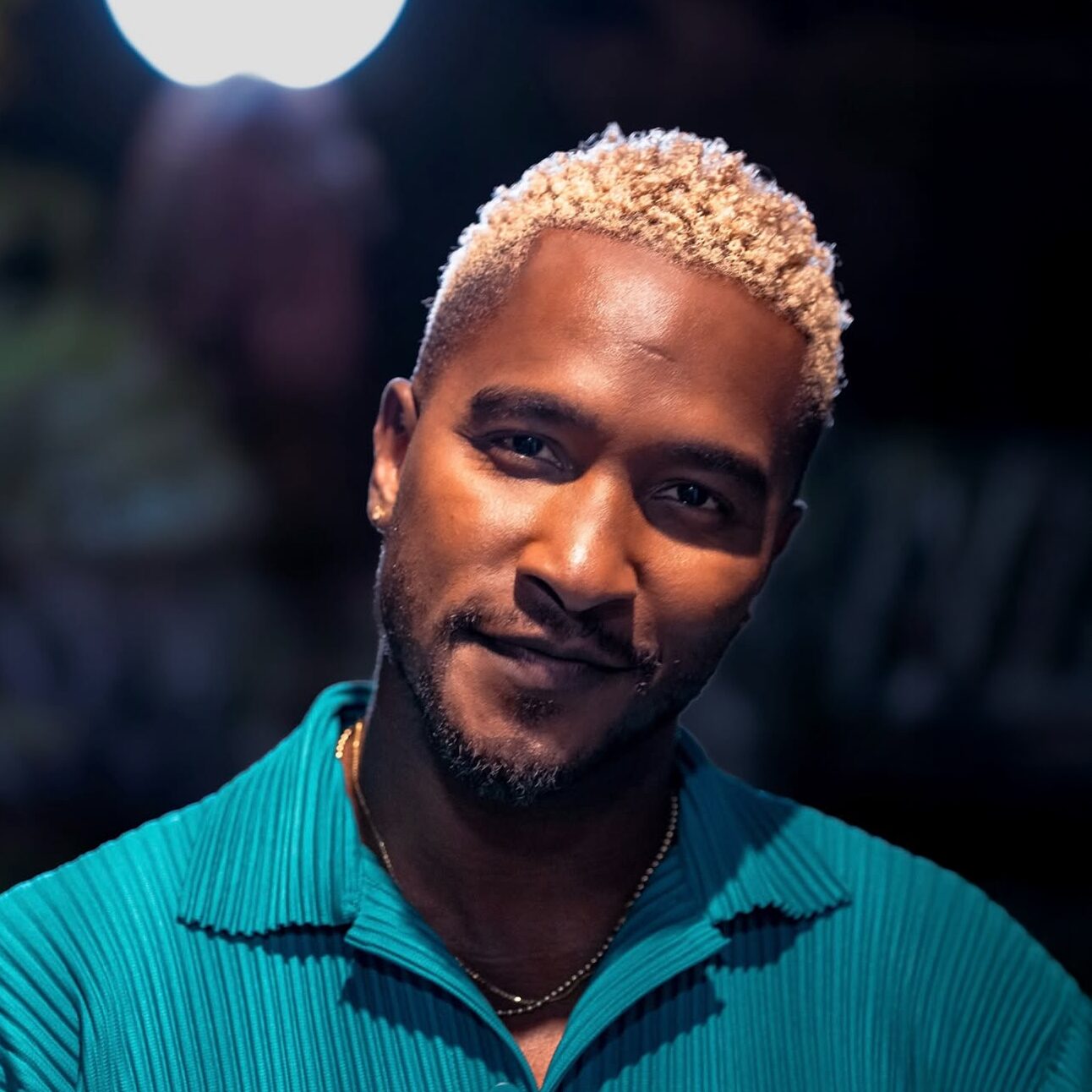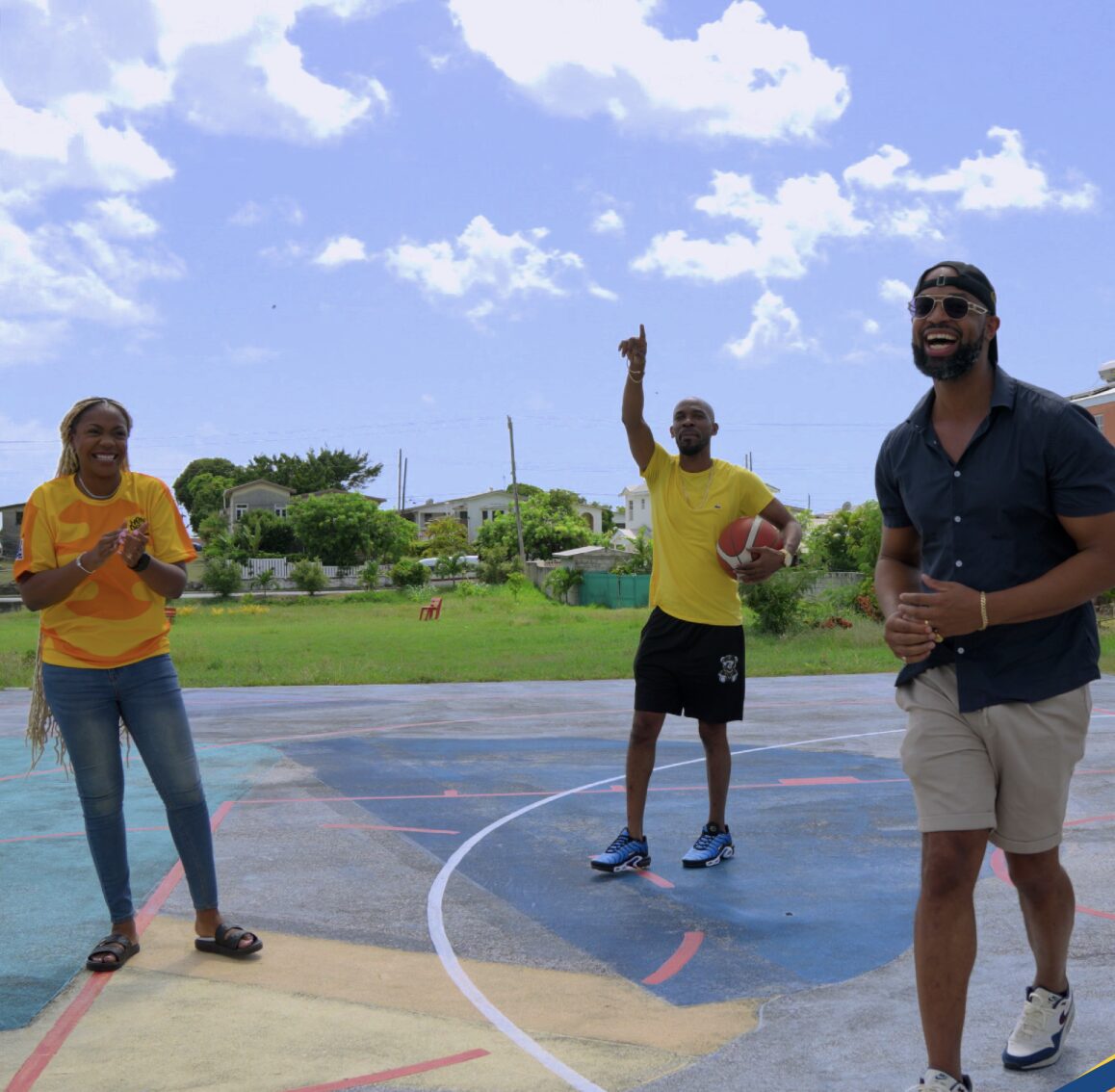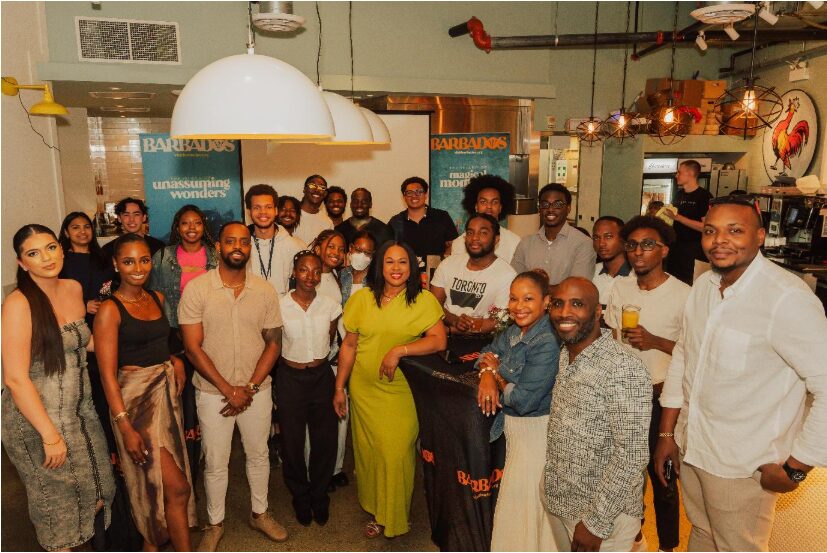The journey of discovering your heritage can be unexpected and meaningful. For Britain’s Kurt Morlese his journey led to a profound discovery of a connection to the island. Barbados had captured his heart long before he realised the full significance of his lineage. From childhood influences to becoming the founder of the Aviation Football Cup, Kurt’s story is one of passion, discovery and giving back.
Q. Your mother has Barbadian heritage, tell us about her connection to the island and how that influenced your upbringing.
Kurt: My mother, Sharon Forrester-Woods, was raised by her Jamaican stepfather after losing her own mother at the age of 19. I was surrounded by Jamaican culture, unaware of my Bajan roots. It wasn’t until 2016, while planning my wedding in Barbados, that my mother stumbled upon an ancestral museum and discovered our great grandfather, Clifford Adolphus Weeks, in the records.
The first time I came to Barbados with my ex-wife it captured my soul from the moment I stepped off the aircraft and now I know why. My upbringing was surrounded by Jamaican culture, but Barbados had my heart, and I never understood why until that day my mum announced her discovery.
Q: Growing up, what aspects of Bajan culture were present in your household, and how did they shape your identity?
K: Growing up it was my ex whose father was Bajan and would often take the journey with us to Barbados. Frequent trips to the island; staying at Mullins Mill, purchasing my first timeshare at The Crane, and experiencing Bajan staples like Chefette, all contributed to my love for the island. I remember being fascinated by the way Bajans spoke—it always felt like they were singing.
Q: The Hearts of Many Aviation Football Cup was first staged in the UK, what inspired you to start the tournament, and how did your heritage play a role in that journey?
K: I used to play football and when I stopped, there was a piece of me missing so I started coaching. When I got a role in British Airways and saw the magnitude of how important the aviation industry is to the Bajan economy I started making plans. Growing up I always had creative analytical mindset so endless research helped me formulate the Aviation Cup. I used my passion for football and aviation to bring communities together through. I fly the flag high for Barbados everywhere I go, and this was an opportunity for me to help Barbados grow, make history and showcase the island on a global stage.
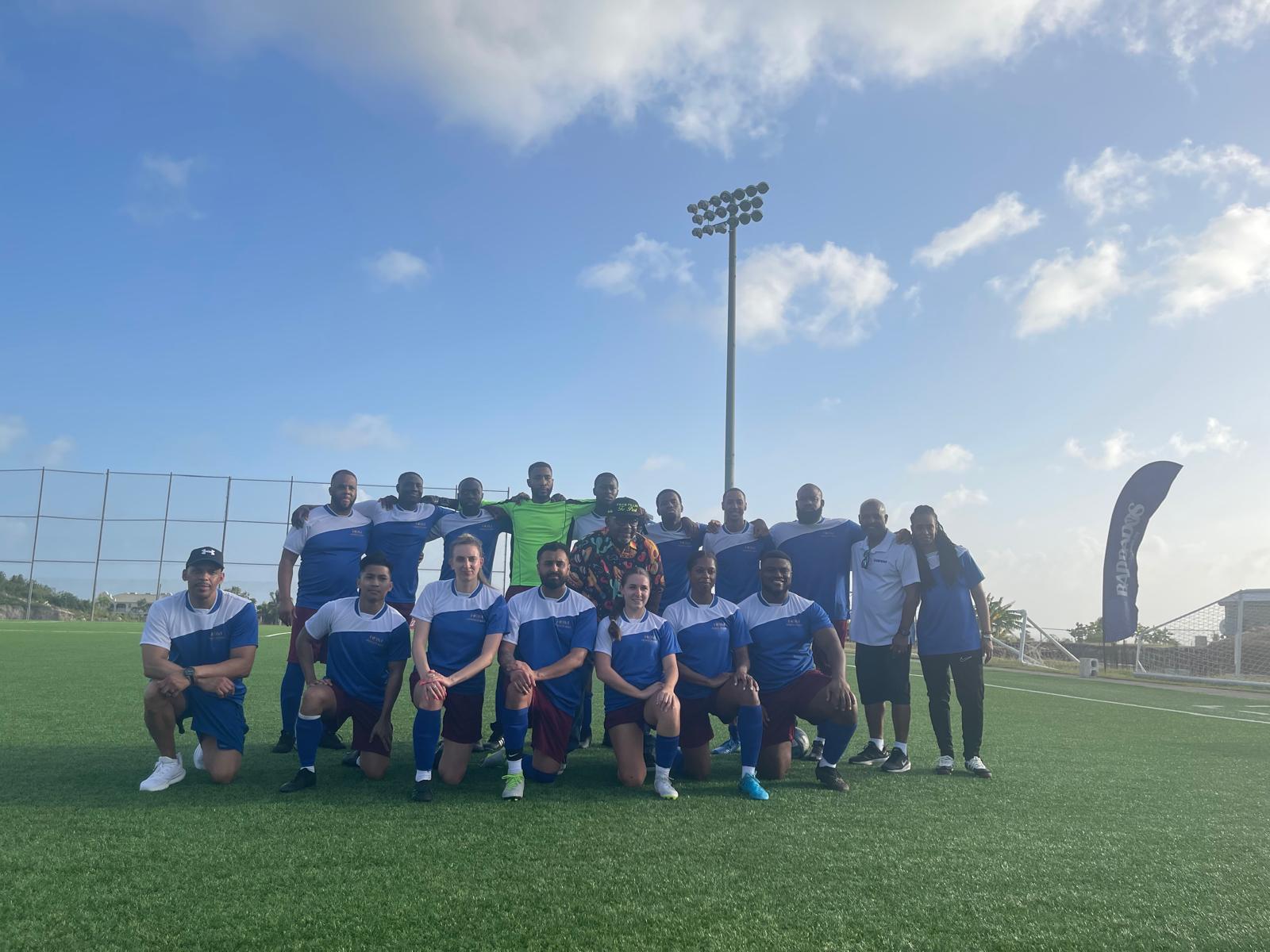
Q: You brought the tournament to Barbados in February 2025, that must have been special. What did it mean to you to host this event on the island?
K: This means the world to me and being able to build a legacy that one day my son Jacob Anton Lewis- Morlese will be a part of no words can describe the feeling.
Q: How do you think sports and aviation can work together to create new opportunities for young people in Barbados?
K: Sports and aviation are both powerful tools for opportunity and self-expression. I aim to use this initiative to be able to sponsor young adults and adults gain apprenticeships in the aviation industry and for those showcasing their talents on the field, provide scouts to see local Bajan talent as they deserve all things great and equal platforms.
Q: Football and aviation seem like an unexpected pairing. How did you come up with the idea to merge the two?
K: Football and aviation are my two great passions. They both bring people together, albeit in different ways. When I prayed about my future, I was shown a way to use both to give back to a country I love.

Q: As someone with Bajan roots living abroad, what does “home” mean to you?
K: Home to me is somewhere you have an unexplainable bond and just the thought causes hearts of many to rise.
Q: What advice would you give to young Barbadians and members of the diaspora who want to make an impact like you have?
K: To the older generation, I say: Believe in the youth and encourage their failures—because through failure, they will find the strength to rise again. To the younger generation: Surround yourself with people who want to see you succeed, and never give up on your dreams.
While Mr. Morlese’s journey of embracing his Barbadian heritage was profound, it was his mother, Sharon Forrester-Woods, who first uncovered their family’s deep connection to the island. Her discovery at the ancestral museum in Barbados not only reshaped their understanding of their lineage but also affirmed the unspoken bond her son had always felt with the island. Now, she shares her perspective on what that moment meant to her and how it has influenced both her own identity and her son’s journey.

Q. Can you tell us about your Barbadian heritage? Where is your family from, and what was it like growing up with Bajan influences.
Sharon Forrester-Woods: My mum died when I was 19 and so at that age you really don’t think about your heritage much. I remember her telling me that my grandfather was a chef on a Navy ship when he met my grandmother who was living in Wales, and he was a lot older than her. I did some research on an ancestry website many years later but with Mr Weeks [her grandfather] being born in the Caribbean it wasn’t much help. So, about 11 years ago I came to Barbados with Kurt, I went to the archives to look in the big slave books to see if I could find information on my grandad. I was not very successful because what I did find was not much information. You can’t see if he had siblings and so my research for now has stalled, but I’m still looking.
Q. What message would you like to share with young Bajans, both at home and in the diaspora, about embracing their roots?
S: What I would say to any young person is to listen carefully when their parents talk about their childhood. Their stories hold so much valuable information that you may not realise you will want to know someday. I knew my granddad was a steward on a navy ship and where it docked in Wales and that’s how he met my grandmother from hearing stories but I’m now wishing I had asked more questions. It is very important to know where you came from. Watching Roots [the 1977 American television series biopic] showed me how generations passed down their history, starting with the Kunta Kinte. Their knowledge and story lived on through storytelling.
Heritage has a way of finding us, even when we least expect it. For Kurt discovering his Bajan roots only deepened his love for the island and fuelled his desire to give back. Through the HOM Aviation Cup, he not only merged his passions but also managed to create lasting opportunities for future generations. His story serves as a reminder that no matter where we are in the world, home is always a part of who we are.
